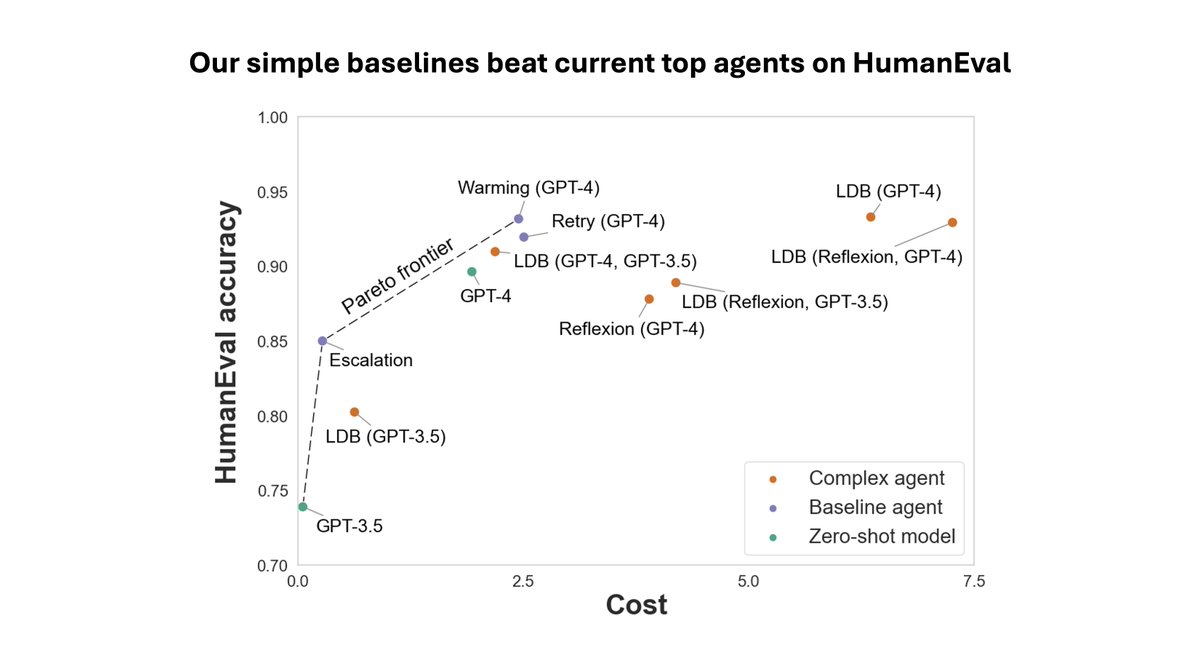Academia forces you to pay a "cleverness tax" if you want to succeed—it's a tax on your time that goes towards constantly convincing others that your work is clever enough for publication, getting a PhD, tenure, and promotion. It's one of the things that pushes people out.
Reviewer 3: I see you’ve solved global hunger, but it was always obvious that you could do that by working really hard, so we haven’t learned anything from your paper. Perhaps you could try solving global hunger using only purple foods? That would be novel.
The cleverness tax is higher for scholars whose work doesn’t fit their discipline’s stereotyped notions of what clever work is supposed to look like. You’re often forced to pick between having a real impact on the world and just staying in the game.
I don't have a satisfying resolution to the dilemma, but it's helpful that communities and institutions differ a lot in terms of how much they reward meaningful work versus clever work. You'll be happier doing more meaningful work even if it's at a less prestigious institution.
• • •
Missing some Tweet in this thread? You can try to
force a refresh










